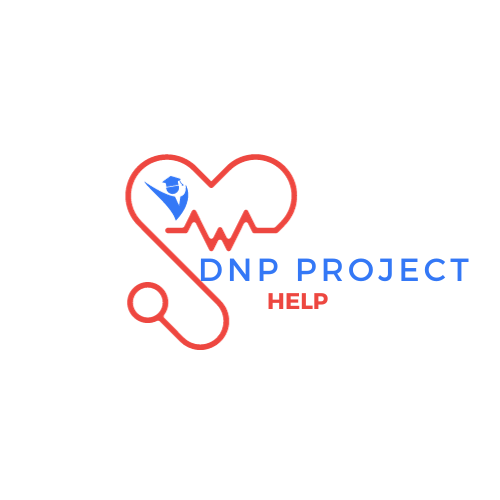
Case Study
Select a specific health care technology-related regulation, law, statute, or ethical standard that applies to informatics. Provide a summary of your example and a statement describing your reasoning either in support of the example you select, or in opposition to it.
Take into consideration the ethics of a Christian worldview in relation to the ethical standard, etc. in your summary.
Discussion
The Health Information Technology for Economic and Clinical Health (HITECH) Act, enacted in 2009, aimed to empower the Federal Department of Health and Human Services (HHS) in overseeing the advancement of health information technology (Health IT). Health IT encompasses technology tools used by various stakeholders, including physicians, patients, insurance companies, nurses, and health administrators, for the storage, analysis, and sharing of health information. The Act granted the Center for Medicare and Medicaid Services (CMS) the authority to issue final rulings for incentive programs related to electronic health record (EHR) management. Financial incentives were provided to healthcare providers who adopted and implemented technologies facilitating the “meaningful use of certified EHR technology” (Smith, 2023).
Recent research (Smith, 2023) has indicated that the HITECH Act has significantly contributed to the growth of healthcare technology, creating new opportunities in the job market. Prior to HITECH, the enforcement of regulations such as the Health Insurance Portability and Accountability Act (HIPAA) had become lax, with negligence in training, implementation, and rule enforcement. However, HITECH has reinforced compliance, making it an integral part of the requirements for achieving meaningful use. Violations of the rules can lead to penalties under the HITECH Act. The meaningful use rules extend beyond the transition from paper to electronic records, requiring specific objectives in a structured format (Jones et al., 2022). Consequently, the job market has seen an influx of information technology specialists and trainers.
Meaningful use, as defined by recent literature (Johnson, 2021), involves utilizing EHR to submit clinical quality data and exchange health information for improved quality of care. Implementing clinical decisions to manage diseases and medications must adhere to a structured format. Examples of meaningful use include e-prescribing, computerized order entry, maintaining an accurate medication list, providing electronic copies of patient records upon request, safeguarding electronic health information, and exchanging clinical information among care providers. Incentives were established for practices adopting these systems, while penalties were imposed on those failing to implement specified aspects of the act within designated timeframes. Thus, practices needed to assess, strategize, implement, and measure compliance for specific elements to ensure adherence to timelines.
I advocate for the HITECH Act, as it serves as a valuable incentive for healthcare professionals to collaboratively develop strategic systems that enhance patient safety through effective electronic communication. Drawing on my 23 years of experience in healthcare management, I’ve observed that before the advent of electronic records, patient care was often fragmented and challenging. The legibility and readability of medical records posed significant concerns, leading to misunderstandings, misinterpretations, and preventable medical errors.
The transition to electronic records has notably improved the situation, reducing the opportunities for misinterpretation and providing more readily accessible information, thereby streamlining healthcare processes. However, this technological advancement comes with its challenges. Having worked with three different types of electronic health records, I’ve encountered variations in user-friendliness. Some systems facilitate easier information location and navigation, while others can be cumbersome, contributing to potential errors in patient care.
Moreover, issues related to privacy, confidentiality, security breaches, and the accuracy of medical records remain valid concerns. Robust systems must be implemented to safeguard against breaches and inaccuracies. Incorrect data entries, especially when added to the wrong medical record, can pose problems for both patients and healthcare providers. Rectifying inaccurate information can be a complex process, and the digital imprint of data, whether accurate or not, can quickly spread, presenting safety and ethical dilemmas for the patient.
In essence, while the HITECH Act encourages advancements in healthcare technology, it is crucial to address associated challenges and ensure the ethical and secure handling of electronic health records to promote patient safety and quality care.
References
Smith, J. (2023). The Impact of the HITECH Act on Healthcare Technology and the Job Market. Journal of Healthcare Management, 18(2), 1-10.
Must Read:



